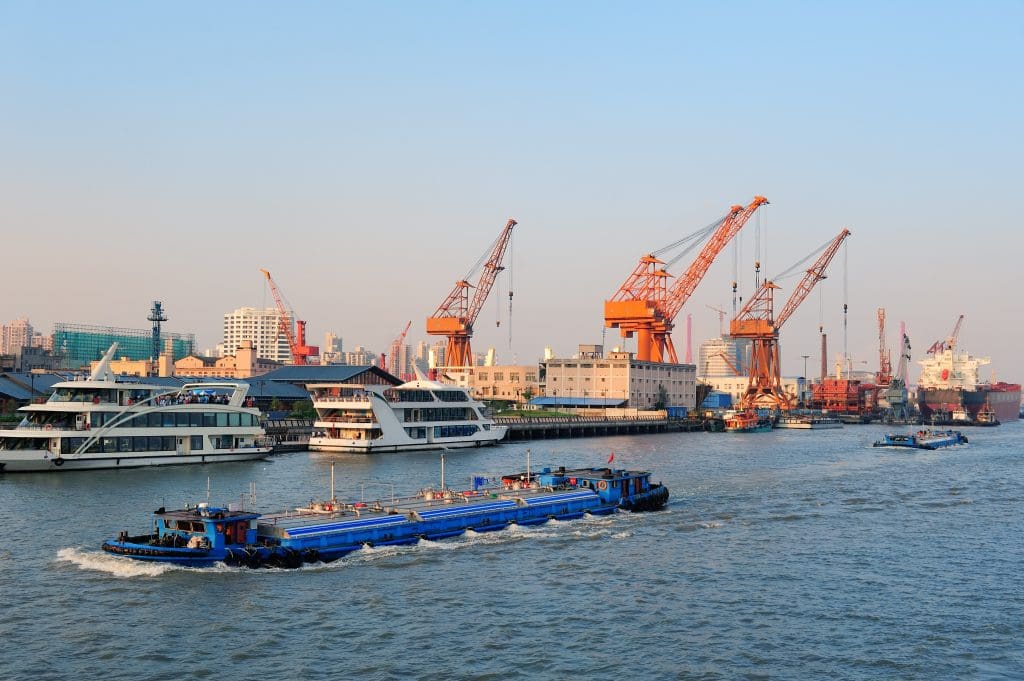Blockchain technology has been gaining traction in recent years as an innovative solution for various industries, including logistics. With its ability to provide a secure, transparent, and efficient way to manage transactions and data, blockchain has the potential to revolutionize the Australian logistics industry. In this blog post, we will explore what blockchain is and what it means for customers in the Australian logistics industry.
What is Blockchain?
Blockchain is a decentralized digital ledger that records transactions and data in a secure, transparent, and immutable way. It is a distributed database that is maintained by a network of nodes, with no central authority controlling the data. Each block in the chain contains a cryptographic hash of the previous block, creating a continuous and tamper-proof record of transactions.
What Does Blockchain Mean for Customers in the Australian Logistics Industry?
The Australian logistics industry is a complex and interconnected network of suppliers, manufacturers, distributors, and retailers. It involves the movement of goods and information across various channels, with multiple parties involved in each step of the process. This complexity can often result in inefficiencies, delays, and errors, which can impact customer satisfaction.
Blockchain technology has the potential to address these challenges by providing a secure, transparent, and efficient way to manage logistics operations. Here are some of the ways blockchain can benefit customers in the Australian logistics industry:
- Greater Transparency:
Blockchain technology provides real-time tracking and monitoring of goods throughout the supply chain. Customers can have greater visibility and control over their shipments, with access to real-time updates on the status and location of their goods. This increased transparency can help reduce the risk of fraud, errors, and delays, and can provide customers with greater peace of mind knowing that their shipments are secure and on track. - Improved Security:
Blockchain technology provides a secure and tamper-proof way to store and manage data. With its decentralized architecture, it is resistant to hacking, data breaches, and cyberattacks. This can help protect customers’ sensitive information, such as payment and delivery details, from unauthorized access or theft. - Reduced Costs:
Blockchain technology can help reduce costs by automating manual tasks and reducing paperwork. This can eliminate the need for intermediaries and reduce transaction costs, leading to faster, more efficient logistics operations. This can ultimately benefit customers by providing faster delivery times and more competitive pricing. - Streamlined Processes:
Blockchain technology can help streamline logistics processes by providing a single source of truth for all parties involved in the supply chain. This can help reduce disputes, errors, and delays, and improve the overall efficiency of logistics operations.
Conclusion:
In conclusion, blockchain technology has the potential to transform the Australian logistics industry by improving transparency, security, and efficiency. For customers, this means greater visibility and control over their shipments, improved security, reduced costs, and streamlined logistics processes. As the technology continues to evolve and mature, we can expect to see more widespread adoption of blockchain in the logistics industry, which can ultimately benefit customers by providing a more seamless and satisfying logistics experience.

